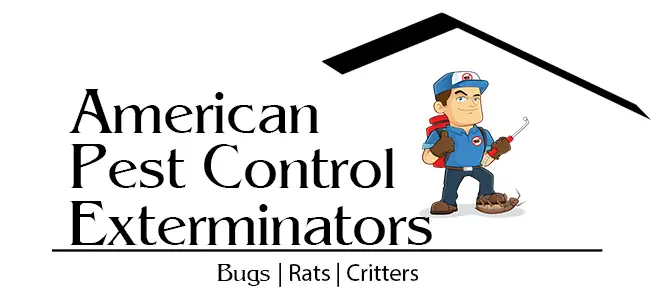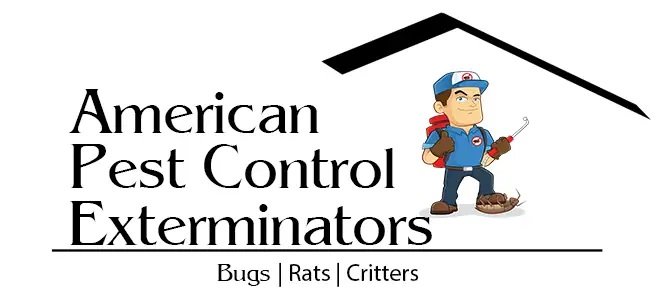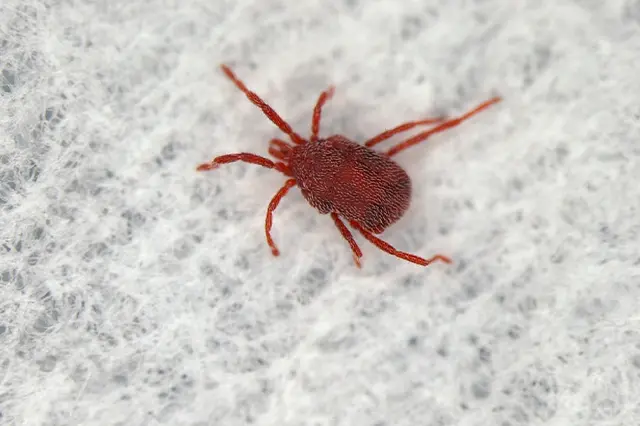
What insecticide kills clover mites?
Clover mites are small, pesky creatures that can cause major problems for farmers and gardeners. They feed on sap from plants, causing leaves to curl and turn yellow or brown. Clover mites are a common pest in crops such as clover, wheat, and corn, and they can be especially troublesome in fields where these plants are grown as part of a multi-crop rotation. Insecticides are the most common way to control clover mites, but there is only one insecticide that has been shown to be effective against them: carbaryl. In this blog post, we will explore how carbaryl kills clover mites and what you need to know about its safety before using it.
What are Clover Mites?
Clover mites are a small, eight-legged creature that feeds on sap from plants. Their presence is often indicative of pests or diseases in a plant, and they can cause significant damage to crops. There are many insecticides available that kill clover mites, but the most effective ones depend on the type of pest the mites are attacking.
How Clover Mites Reproduce
Clover mites reproduce quickly and can multiply quickly. They produce six to eight nymphs in a single life cycle. Nymphs are smaller and have less hair than adults. Adult clover mites feed on the plant’s underside, leaving small white scars on the leaves.
What Insecticide Kills Clover Mites?
The most common commercial insecticide that kills clover mites is dichlorvos. Other insecticides that have been known to work include permethrin and pyrethrum.
How to Use an Insecticide to Kill Clover Mites
Choosing the right insecticide to kill clover mites can be a challenge. Some insecticides are specific to this pest, while others are more general-purpose killers. Here’s how to choose the right one for your needs:
1. Look for an insecticide that is specifically labeled for use against clover mites.
2. Read the product label carefully before using it. Make sure you understand how much of the pesticide is required per acre and what kind of crops it can be used on.
3. Choose an insecticide that has a low toxicity to other insects and plants in the garden.
4. Spray the insecticide directly onto the clover mites and their eggs or larvae.
5. Wait a few days to see if the mites are killed. If not, repeat the spraying process until the mites are gone.
6. Remember to water the treated plants well after using the insecticide, to help wash it off and prevent any negative effects on the plant.
7. Dispose of the used product properly, if it is a hazardous chemical.
Overall, it’s important to be familiar with the specific insecticide you’re using and to read the product label carefully before spraying it. This way, you’ll be sure to kill the clover mites without damaging your plants or damaging the environment.
Conclusion
Clover mites are a little-known pest that can cause significant damage to your lawn. To get rid of clover mites, you will need to use an insecticide that is effective against them. There are a few different insecticides that work well against Clover Mites and it will depend on the type of lawn you have. In general, most insecticides that are used to kill lawn pests will also be effective against Clover Mites.

